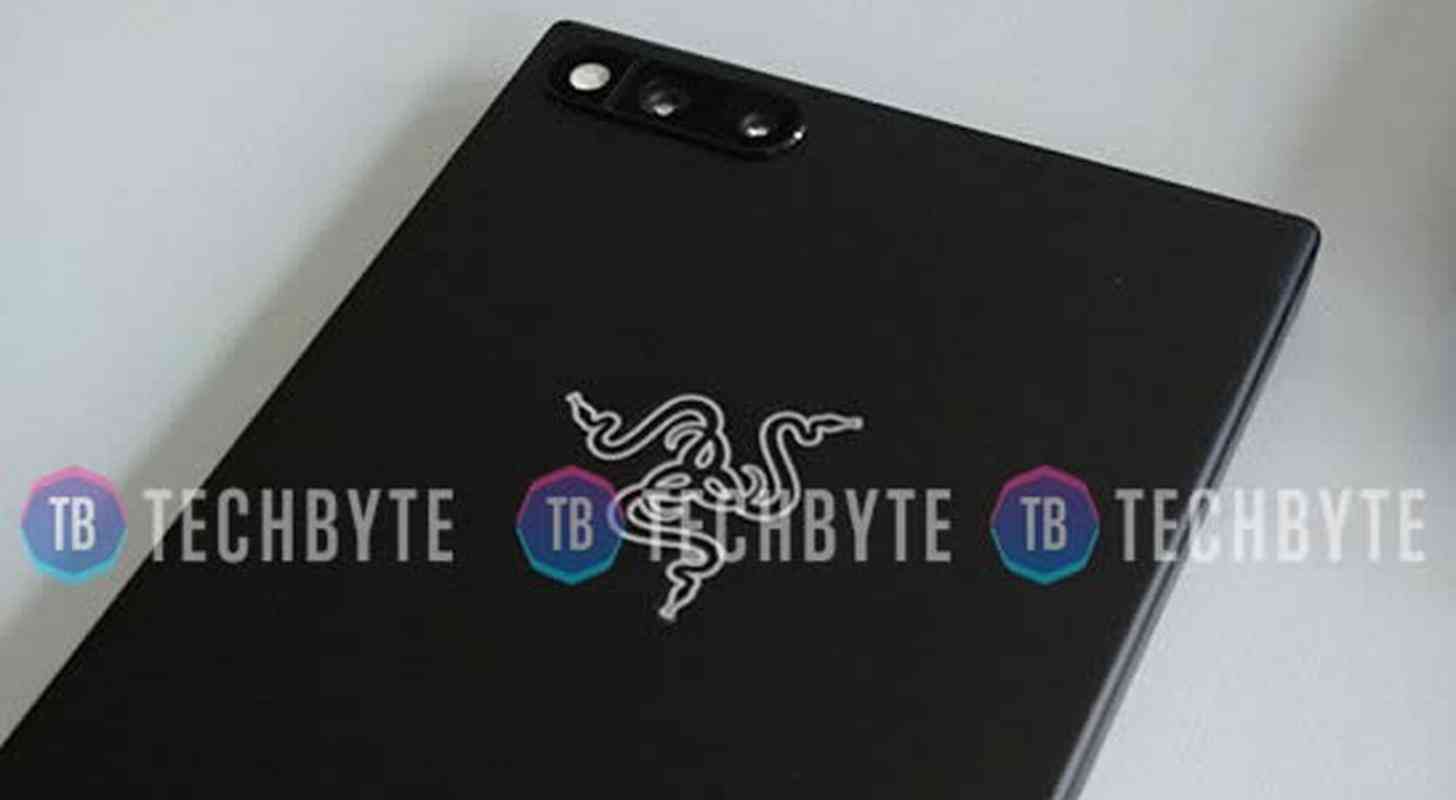
If there’s one thing that hasn’t quite lived up to my expectations in the smartphone industry, it’s mobile gaming. Weeding through the number of games that heavily push microtransactions is somewhat of a chore, and quality titles are more rare than common. That said, it’s an open market. Things aren’t going to be as cut and dry as gaming on, say, a console (which appears to have its own set of issues lately). I was once very eager at the prospect of what mobile gaming could become, but after boarding several hype trains just to be let down, I guess I’m feeling a little burnt out.
Things aren’t perfect, but it would be ignorant to say it hasn’t come a long way. Graphically speaking, smartphones are capable of some amazing feats. Flagships can handle incredibly graphic-intensive games (albeit usually at the cost of battery life) and if you can muddle through the countless pay-to-win games, there are gems worth dedicating some time to. Maybe it isn’t perfect, but there’s still a solid gaming experience to be had on mobile, which is why it doesn't seem implausible for Razer to reveal its own gamer-centric smartphone coming up during its November 1st event.

A rarity in the smartphone industry, whatever Razer is cooking up has been kept well under wraps. It’s not a sure thing that the company will even release a smartphone, but between the company’s purchase of NextBit earlier this year and an ad showing a person holding what appears to be a phone, a smartphone seems imminent. And why not? Smartphones are a smart investment if you can gain any headway in this extremely competitive industry, and it just so happens that smartphones specifically tailored for gaming is a relatively untapped market.
But as scarce as “gaming smartphones” are, perhaps there’s a reason behind it. After all, there have been attempts in the past, most notably the Sony Xperia Play. The device had a built-in slide-out controller, plus exclusive games meant exclusively for the device. Yet, the device completely flopped. In previous articles, I’ve discussed how pitfalls such as carrier exclusivity and having the unfortunate timing of being developed in 2011, when specs weren’t quite as powerful and Android was still a bit on the rocky side in regards to performance, might have had something to do with its lack of success.
Still, I question whether time bears any relevance on how successful Razer could be with a “gaming-centric” smartphone, if that’s what the company ends up revealing. Razer is one of the most popular brands in the gaming industry, but Sony was (and is) also one of the most popular brands as the manufacturer of the PlayStation console. But I suppose it has less to do with what other products a company is successful at making and more to do with how well they can bring it to smartphones.
Some specs have “leaked” regarding Razer’s smartphone. For the most part, it looks like your typical 2017 flagship: 5.7-inch display, Snapdragon 835 processor, 64GB of internal storage, 11-megapixel rear-facing camera and 7-megapixel front-facing camera. The one specification that really sticks out is the phone will allegedly have 8GB of RAM, making it quite the powerhouse. No details regarding the battery life has been given, which I believe is another important factor for a gaming smartphone. Not only does it need sufficient battery to make it through the day as a normal, functioning smartphone, but it also needs to be able to handle some gaming sessions, too.

There hasn’t been any mention whether a Razer smartphone would feature an Xperia Play-like design. Should Razer release a smartphone without a controller, I have my reservations on how much of an improvement it would be at playing games versus any another flagship device. More RAM and better battery life would certainly help, but another caveat with mobile gaming, at least from my perspective, is that on-screen controls are generally terrible, large display or not. I’d rather not have my hands impede on whatever game I’m playing. In that regard, the Xperia Play’s slide-out controller was pretty ingenious for its time. I’d love to see it again on another gaming smartphone, but I won’t get my hopes up for Razer to implement it.
Despite my skepticism, I’m actually pretty excited to see what Razer’s cooking up. I was a fan of the NextBit Robin, and I was kind of hoping that Razer might implement some of the Robin’s designs in a smartphone someday. Whatever they have going on, there’s only a couple of days left until we find out.